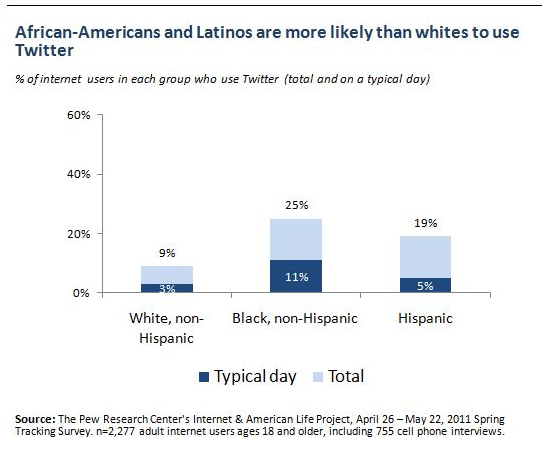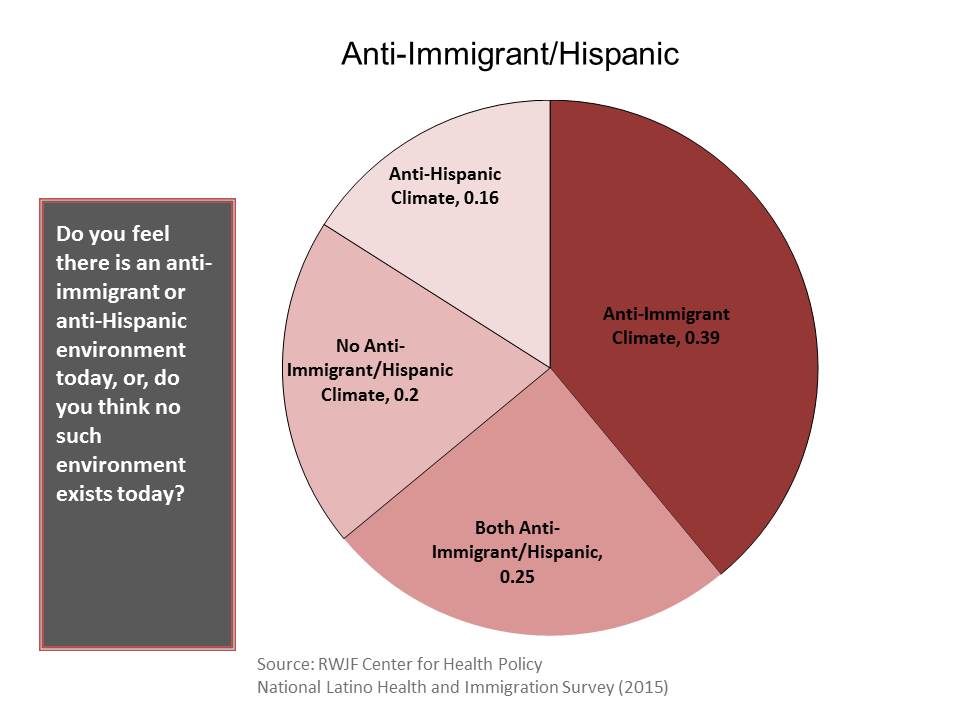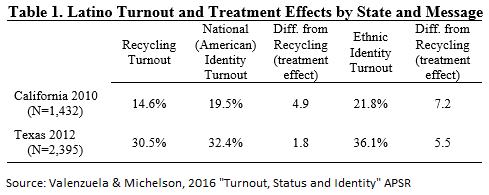By Jessica Lavariega Monforti & Jose Marichal
Could the key to increasing civic engagement among Latinos and African Americans be computer classes? A growing body of research is linking Internet use, particularly social network use, and increased social capital and civic engagement. A new report from the MaCarthur foundation finds that Facebook use is correlated with increased interest in and participation in politics. Scholars like Northwestern Sociologist Esther Hargatti speak eloquently about the information gap between rich and poor online. This gap is less about access to technology and more about developing the skills to harness the technology for political and social gain. The ability to do information searches, send text messages, tweet, share content and other on-line skills is a central element in becoming what Evegny Morozov calls a “digital renegade” rather than a “digital captive.”
The key to using the Web in democracy-enhancing ways is acquiring digital skills. While this concept has been measured in lots of ways, the presence of digital skills can be measured by the level of autonomy the user has, the number of access points a user has to get online, the amount of experience a user has with different types of online tools, etc.
While the transformation of political life through the Web has not proceeded apace, events like Barack Obama’s victory in the 2008 U.S. presidential election highlight the power of the Internet and particularly social networking sites as a mobilizing and fund-raising tool.
Latinos might be particularly disposed to use the Web in ways that cultivate the development of digital skills. Because Latinos are younger than the population as a whole, they are more likely to be digital natives that can use the Web to accomplish democracy-enhancing tasks like texting, social networking and uploading content. In addition, a 2008 study by Forrester Research found that forty percent of Latinos used the Web for content creation and sharing (blog, upload video and photos, create web-pages, etc.). By comparison, only 12 percent on non-Latinos used the Internet for these purposes. Finally, as reflected in the table below, a study conducted last year by the Pew Center found that Latinos were more than three times as likely as whites to use Twitter (19% for Latinos to 5% for whites).
Data and Methods
Despite this, little work has looked at whether the acquisition of digital skills impacts different racial and ethnic groups in the same way. We set out to address this question using data from the Pew Internet and American Life project and presented our findings at the 2011 Western Political Science Association annual conference in a paper entitled “The Role of Digital Skills in the Formation of Trust and Efficacy Among Latinos” Using the 2011 Social Side of the Internet survey for the Pew Center for the Internet and American Life, to measure digital skills we use three variables, two of which are indices. Index1 is an additive index of eight individual variables (internet/email access at home; internet/email access at work; own a laptop; have Wi-Fi availability; impact of internet on ability to find social, civic, professional, religious or spiritual groups that match your interests; impact of internet on ability to invite friends and acquaintances to join social, civic, professional, religious or spiritual groups you are active in; ability to keep up with news and information from the social, civic, professional, religious or spiritual groups you are active in via the internet; use the internet or email to invite someone to join a social, civic, professional, religious or spiritual group), with a scale of 0 to 13. We find that these variable load on to one factor and have a Cronbach alpha of .766. The second of these variables, Index2, is also an additive index, but of only four variables. Again, these variable load on one factor and have a Cronbach alpha of .677. This variable has a 0 to 4 scale and is comprised of the following variables: use of mobile wireless broadband; use of cell phone to send or receive email; use cell phone to send or receive text messages; use of cell phone to send or receive Instant Messages.
Finally, the last substantive independent variable of interest says “Have you, personally, ever created a group [IF NECESSARY, READ: that is, a social, civic, professional, religious or spiritual group] of your own, or have you never done this?” In this case the answer category is dichotomous, 0=no, 1=yes. We included a standard series of control variables such as: language of the interview, gender, age, level of education, household income, and political ideology. Given the nature of these dependent variables, we use OLS regression in the analyses that follow.[1]
Results and Discussion
Although the data was limited for this purpose (the sample size for Latinos was about 100), the findings were surprising. We found that acquiring digital skills had an independent effect on feelings of trust (but not efficacy) for Latinos and, in addition, digital skills were related to feelings of trust and efficacy for African Americans. But more surprisingly, this effect did not apply to Whites. When controlling for factors such as education level, income, and other relevant variables, the level of digital skill for whites did not correlate with increased trust and efficacy, but digital skill was still related to trust for both Latinos and African Americans.
What accounts for this? While it’s too early to say anything conclusive, it is possible that the Internet provides a unique pathway to engagement for historically marginalized groups. The ability to use on-line tools to gather information, build social capital and mobilize might be most important for those who have not been able to do these things through traditional means.
Another explanation is that the causal arrow should be flipped. Efficacious Latinos and African Americans might be more disposed to use Internet tools to affect social change. It is very possible that, to use Lisa Garcia Bedolla’s term, the mobilizing identity comes first, and the digital skills come second, at least as it related to Latinos. However the causal arrow runs, digital skills seem an important element in “performing citizenship,” the question for us to keep exploring is how?
We do not suggest that creating a Facebook account for every Latino or African American in the United States will be a pathway to increased civic engagement for these groups, but our research suggests that the Internet can help forge a path toward increased democratic engagement.
Jessica Lavariega Monforti is an Associate Professor of Political Science and Assistant Dean for the College of Social & Behavioral Sciences at the University of Texas – Pan American. Jose Marichal is an Associate Professor of Political Science at California Lutheran University. His forthcoming book entitled Facebook Democracy, will be published by Ashgate Press in 2012.



